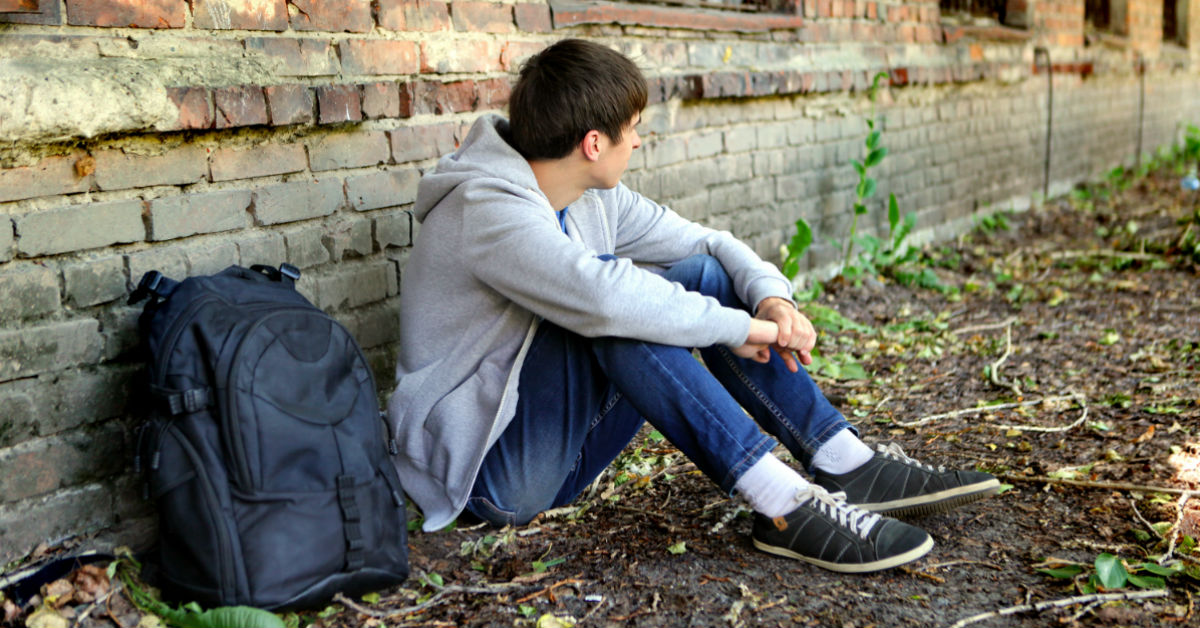When troubled teens face emotional, behavioral, or mental health challenges, it can feel overwhelming for both them and their families. However, residential treatment centers offer a beacon of hope and a path toward healing. These centers provide comprehensive support and a nurturing environment where troubled teens can find the necessary tools, guidance, and care to overcome their difficulties. Residential treatment centers, such as Help Your Teen Now support troubled teens in their journey towards finding hope and experiencing profound healing.
A Safe and Supportive Environment
Residential treatment centers offer troubled teens a safe and supportive environment that serves as a sanctuary for their healing process. These centers provide 24/7 supervision and care, ensuring the physical and emotional well-being of the residents. By removing teens from negative influences and harmful environments, residential treatment centers create a space where they can focus on their growth and recovery. The supportive atmosphere, combined with trained professionals who understand their unique challenges, allows troubled teens to feel heard, understood, and validated.
Comprehensive Assessment and Individualized Treatment
Residential treatment centers understand that every troubled teen is unique, with their own set of needs and circumstances. That’s why these centers conduct comprehensive assessments to gain a deep understanding of each teen’s challenges, strengths, and goals. Based on these assessments, an individualized treatment plan is created to address the underlying issues contributing to their difficulties. Whether it’s mental health issues, substance abuse, trauma, or behavioral problems, the tailored approach ensures that troubled teens receive the specific care and support they require for their healing journey.
Therapeutic Interventions
Residential treatment centers offer a wide range of evidence-based therapeutic interventions to support troubled teens. These interventions may include individual therapy, group therapy, family therapy, experiential therapies, and specialized programs based on the teen’s needs. Trained therapists and counselors facilitate these sessions, guiding teens toward self-discovery, emotional healing, and behavioral change. Through therapeutic interventions, troubled teens develop valuable coping mechanisms, communication skills, and strategies to navigate challenges, fostering lasting healing and personal growth.
Academic Support and Educational Stability
Education plays a crucial role in a troubled teen’s overall well-being and future success. Residential treatment centers recognize this and provide academic support to ensure that teens can continue their education while receiving treatment. Certified teachers create individualized academic plans, address learning gaps, and help troubled teens stay on track with their studies. By maintaining educational stability and offering a supportive learning environment, residential treatment centers empower troubled teens to develop academic skills, regain confidence, and lay the foundation for a brighter future.
Emotional Regulation and Coping Skills
Many troubled teens struggle with emotional regulation, which can significantly impact their mental health and well-being. Residential treatment centers prioritize teaching troubled teens healthy coping mechanisms and emotional regulation skills. Through therapy, mindfulness practices, and experiential activities, teens learn to identify and manage their emotions in constructive ways. These skills empower troubled teens to cope with stress, regulate their emotions, and make healthier choices in their daily lives. By developing these crucial life skills, teens can experience improved emotional well-being and overall resilience.
Holistic Approach to Healing
Residential treatment centers take a holistic approach to healing, recognizing that troubled teens require comprehensive support for their well-being. These centers focus not only on the mental and emotional aspects of healing but also on the physical, social, and spiritual dimensions. Physical fitness activities, nutritious meals, recreational therapies, and social skill-building exercises are incorporated into the program, fostering a balanced approach to recovery. By addressing all aspects of a teen’s well-being, residential treatment centers promote holistic healing and empower troubled teens to thrive.
Family Involvement and Support
Family involvement is crucial in supporting troubled teens on their healing journey. Residential treatment centers recognize the significance of family dynamics and relationships. These centers provide family therapy sessions, workshops, and education to help parents and guardians understand and address their role in their teen’s recovery. Family involvement not only strengthens familial bonds but also creates a supportive and nurturing environment for the teen’s ongoing healing and growth.
Transition and Aftercare Support
The healing journey continues even after a troubled teen completes their time in a residential treatment center. These centers understand the importance of a smooth transition back to the community and offer comprehensive aftercare support. This may involve creating a tailored aftercare plan, providing access to continued therapy or counseling, and connecting teens with local support networks and resources. By offering ongoing support and guidance, residential treatment centers ensure that troubled teens have the tools and resources needed to maintain their progress and build a hopeful future.
Find Hope and Healing with Help Your Teen Now
Residential treatment centers offer troubled teens a path toward hope and healing. Through a safe and supportive environment, comprehensive assessment, individualized treatment, therapeutic interventions, academic support, emotional regulation training, holistic healing, family involvement, and transition support, these centers empower troubled teens to overcome their challenges and create a brighter future. With the guidance of dedicated professionals and a nurturing community, troubled teens can find hope, experience profound healing, and build the skills and resilience necessary to thrive in their lives beyond the treatment program. Help your teen now, contact Help Your Teen Now for additional information.











0 Comments